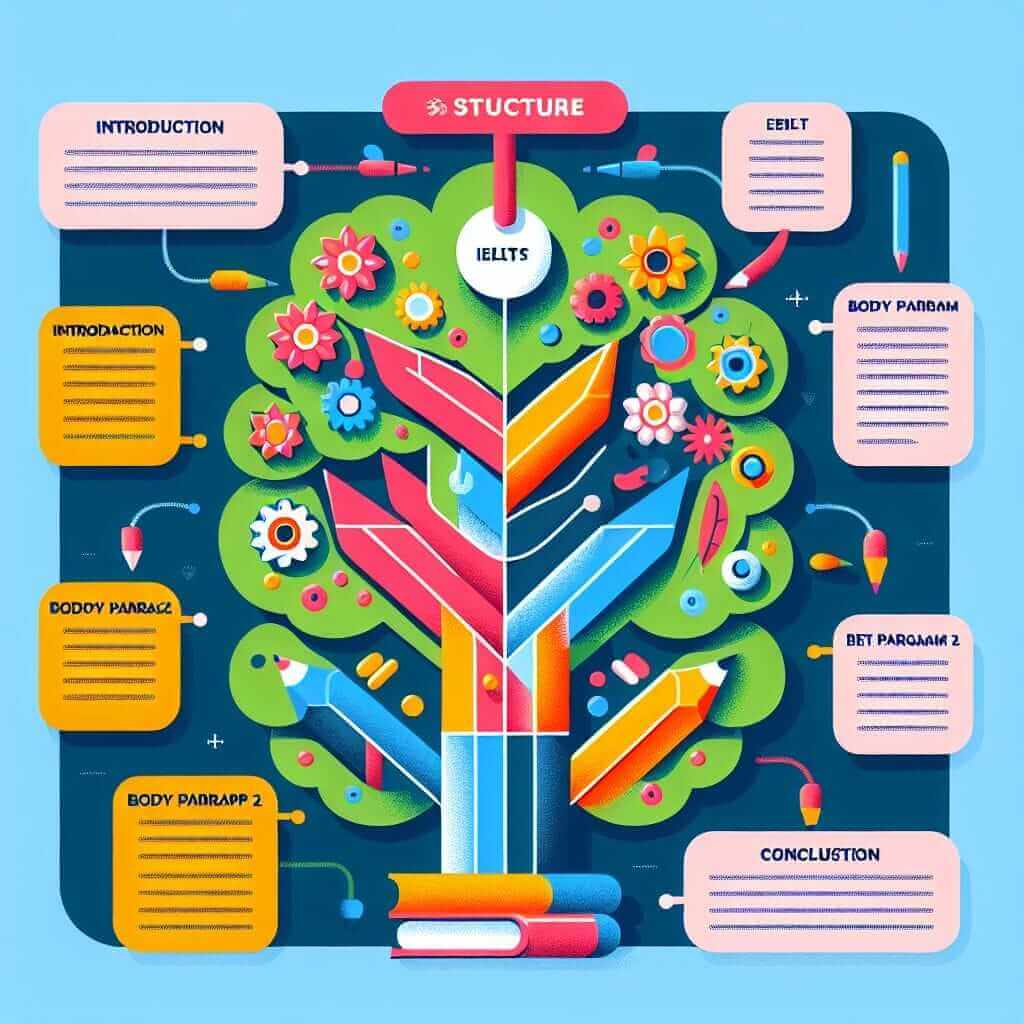Mastering the IELTS Writing Task 2, specifically the article writing section, can significantly impact your overall band score. This guide, crafted by an experienced IELTS instructor with over two decades of experience, aims to equip you with the knowledge and strategies to write compelling and high-scoring IELTS articles.
Understanding the Task: What is an IELTS Article?
In the IELTS Writing Task 2, you may be asked to write an article. This involves presenting a balanced analysis of a given topic, often a contemporary issue, and supporting your viewpoint with relevant examples and evidence.
Key Elements of a High-Scoring IELTS Article
1. Task Response: Addressing the Prompt Effectively
- Understanding the Prompt: Begin by carefully analyzing the prompt. Identify the keywords, the type of essay required (e.g., opinion, discussion), and the specific aspects you need to address.
- Developing a Clear Position: Formulate a clear and concise thesis statement that directly responds to the prompt. This statement will guide your entire essay.
- Providing Relevant Ideas and Support: Brainstorm relevant ideas and supporting evidence, such as examples, statistics, or personal anecdotes. Ensure your supporting details are directly related to the essay prompt and your thesis statement.
2. Coherence and Cohesion: Creating a Well-Structured and Fluent Essay
- Organizing Your Ideas Logically: Structure your essay in a clear and logical manner. A typical structure includes an introduction, body paragraphs (2-3), and a conclusion. Each paragraph should focus on a single main idea.
- Using Cohesive Devices: Utilize a variety of cohesive devices, such as linking words (e.g., however, furthermore, in addition), pronouns (e.g., it, they, this), and synonyms, to connect your ideas and sentences smoothly.
- Maintaining Paragraph Unity: Ensure each paragraph has a clear topic sentence that introduces the main idea of that paragraph. All supporting sentences within the paragraph should relate back to this central idea.
3. Lexical Resource: Demonstrating a Wide Range of Vocabulary
- Using a Variety of Vocabulary: Avoid repeating the same words and phrases. Instead, showcase your vocabulary range by using synonyms, different word forms, and idiomatic expressions (where appropriate).
- Choosing Precise Language: Select words that accurately convey your intended meaning. Be mindful of the nuances of different words and avoid using overly informal language.
- Avoiding Spelling and Word Formation Errors: Proofread your essay carefully to eliminate any errors in spelling or word formation. These mistakes can significantly detract from your score.
4. Grammatical Range and Accuracy: Using a Variety of Sentence Structures Accurately
- Using a Mix of Sentence Structures: Demonstrate your grammatical range by using a variety of sentence structures, including simple, compound, and complex sentences. Avoid using the same sentence structure repeatedly.
- Using Correct Punctuation: Ensure you are using punctuation correctly, as this greatly affects the clarity and readability of your writing.
- Minimizing Grammatical Errors: Aim for a high level of grammatical accuracy. Common errors include subject-verb agreement, tense inconsistency, and incorrect article usage.

Example IELTS Article Question
Some people believe that it is more important to protect the environment than it is to address poverty. To what extent do you agree or disagree?
Tips for Success
- Practice Regularly: Writing regularly under timed conditions is crucial to improve your speed and accuracy.
- Seek Feedback: Have your writing assessed by an experienced IELTS tutor or teacher to identify areas for improvement.
- Read Widely: Exposing yourself to a variety of English texts can enhance your vocabulary and understanding of grammar.
Conclusion
Writing a high-scoring IELTS article requires a combination of strong language skills, effective organization, and a clear understanding of the task requirements. By following the strategies outlined in this guide and dedicating sufficient time to practice, you can significantly improve your writing proficiency and approach the IELTS Writing Task 2 with confidence.